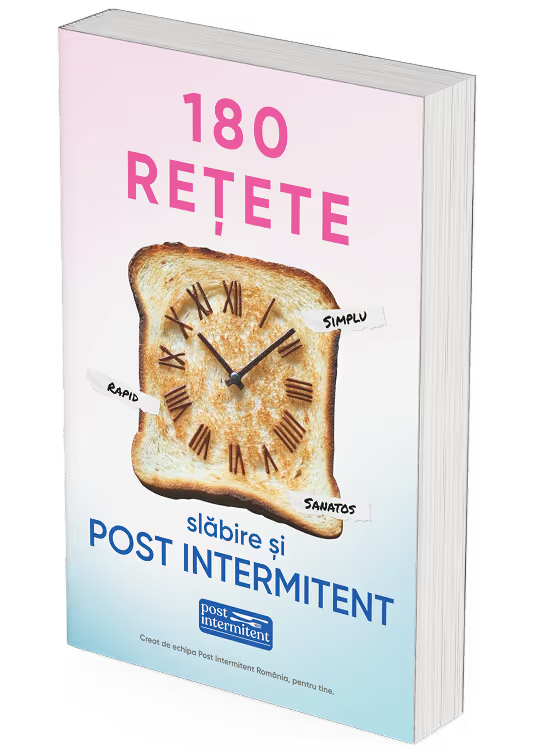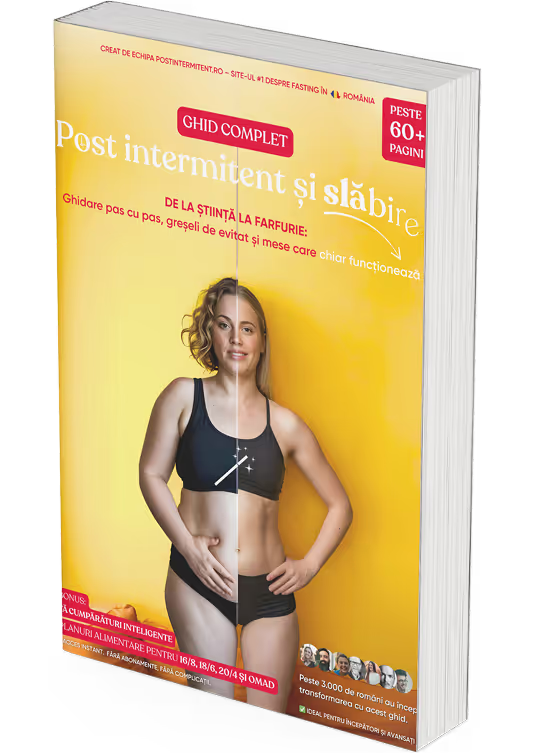Intermittent fasting (IF) has become a major topic of interest in research on metabolic health and longevity. Let's explore what the latest research in this area says.
1. Diet that mimics fasting reduces biological age 🔬
A study led by the University of Southern California showed that monthly fasting mimicking diet cycles (FMD) can reduce biological age by up to 2.5 years.Participants followed a low-calorie diet for 5 days a month for 3 months, noting improvements in insulin sensitivity, reduction of liver fat and rejuvenation of the immune system.
📎 USC Gerontology — FMD and Biological Age
2. Intermittent fasting and longevity: evidence from human and animal studies 🧠
An analysis published in Ageing Research Reviewsconcluded that intermittent and periodic fasting can positively influence longevity and health through actions on cellular aging and disease risk factors, with minimal side effects.
📎 PMC — Intermittent fasting, longevity and disease
3. Impact on cardiometabolic and neurocognitive health 🧬
A systematic review of randomized clinical trials revealed that both intermittent fasting and caloric restriction have beneficial effects on body weight, glucose metabolism, blood lipids, and insulin sensitivity. Improvements in cognitive functions and a reduction in the risk of neurodegenerative diseases were also observed.
📎 PMC — The Impact of Intermittent Fasting and/or Caloric Restriction on Aging
📊 Comparative table: Benefits of intermittent fasting on aging
Conclusion
Intermittent fasting and diets that mimic fasting show promising potential in slowing down the aging process, by improving metabolic markers, reducing inflammation, and stimulating cell regeneration processes.
Although the results are encouraging, it is essential that such regimens are adopted under the supervision of a specialist, especially in people with pre-existing conditions.
Intermittent fasting does not guarantee longevity, but research shows that it can reduce risks for chronic diseases, support cell regeneration, and slow down some processes associated with aging — all factors that can contribute to a longer, healthier life.
Intermittent fasting involves regular periods without caloric intake (e.g. 16/8), while FMD is a 5-day, low-calorie diet that “tricks” the body into thinking it is fasting, but still provides nutrients. FMD is more commonly used in clinical trials for effects on biological age.
That would be great! But longevity isn't just measured in wrinkles — it's in organ health, inflammation levels, and cellular function. If you feel more energetic, sleep better and have good analyzes, fasting does its job even without botox!









.svg.avif)
































.svg)
